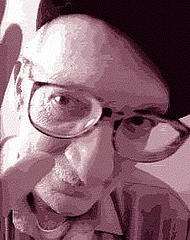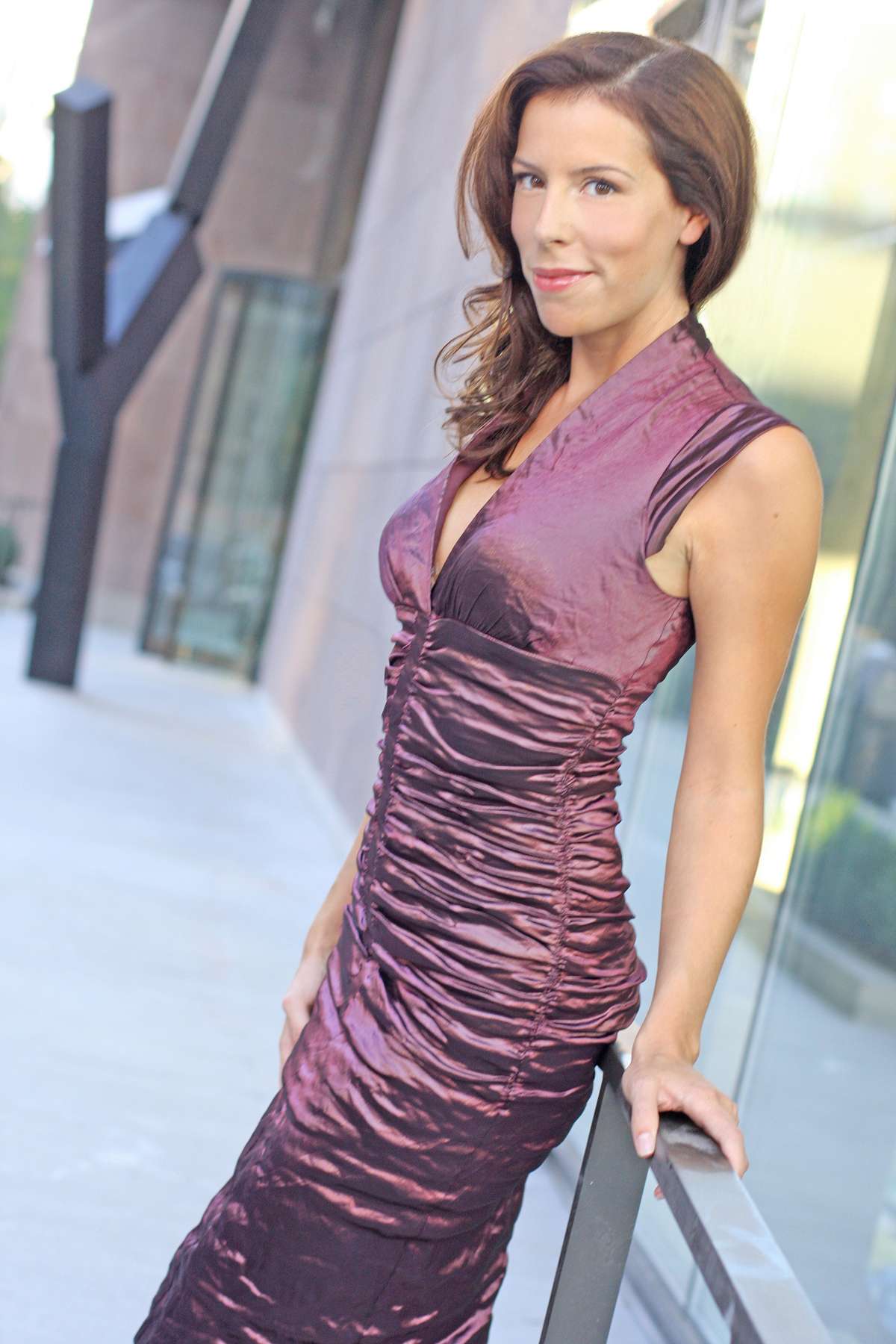|
Back
The Ecstatic Joy Of Playing God New York
Isaac Stern Auditorum, Carnegie Hall
04/19/2012 -
George Crumb: Variazioni – Echoes of Time and the River (Echoes II) – Star-Child
Audrey Luna (Soprano)
The Collegiate Chorale Singers, James Bagwell (Director/ Conductor), The Brooklyn Youth Chorus, Dianne Berkun (Director), Marjorie Folkman (Procession Coordinator), Teresa Cheung, Geoffrey McDonald (Conductors), American Symphony Orchestra, Leon Botstein (Conductor/Music Director)

G. Crumb (© Courtesy of the composer)
George Crumb may have the most original voices in American music. Not necessarily the most original music or the most important music. But his voices–starting with Ancient Voices of Children to Star Child and the Makrokosmos series offer voices both orchestral and choral that are actually haunting.
Mr. Crumb, who waved merrily to the audience from a first balcony seat for a celebration of his music, is a heartland American. He is the musical optimist, finding joy and humor (though never irony or sarcasm) in even the most serious studies of life, death and eternity. But no, he doesn’t quote folk songs, he doesn’t have those wide-open spaced symphonies of Oklahoma native Roy Harris or the Copland Wild West. Instead, his inspirations come from Latin texts, from the poems of Lorca and from medieval mysticism. But the results are always joyous, totally accessible, and sometimes shattering.
In his Star-Child, one imagines that had Scriabin been born 82 years ago in West Virginia, he would have written the same revelations. Or had Charles Ives been given limitless resources, his own orchestral work would resemble that of Mr. Crumb’s. But I cannot imagine any living composer who uses the timbres of his forces in the style of George Crumb.
My first encounter with this music was a recording of Ancient Voices of Children, and I couldn’t get those eerie haunting sounds from my mind for years to come. Yet each time I listened to another work on record, I was disappointed. And the reason now is obvious: George Crumb needs the epic of a live performance.
Epic was the conducting last night. Leon Botstein, who has known Mr. Crumb for a half century, chose three works from different periods, but each of them painted the same picture of George Crumb. He is a composer who thinks in terms of huge Mahleresque symphonic palettes, who finds every instrumental voice is a personality unto itself, and who obviously finds passion in every measure he produces.
Unlike Berlioz and Mahler, who dressed their musical statements in the most gorgeous orchestral clothing, George Crumb seems to start with the most gaudy vestment, and then fills in with the music. Last night, I was so absolutely mesmerized by the sounds–a solo trombone improvising with the soprano, a series of mandolin riffs, the loudest pounding of bass drums, a chorus of bell-ringers, the Concertmaster playing an ancient hand cymbal–that the music was almost secondary.
And this was perfectly legitimate. George Crumb uses the orchestra the way Bach used counterpoint or early Stravinsky used balletic rhythms, as statements in themselves.
Mr. Botstein, whose penchant for discovering sometimes second-rate music, had a first-rate evening last night. The American Symphony Orchestra opened itself up to the furthest spaces of Carnegie Hall. (And Carnegie Hall, with its old-fashioned resonances, its echoes, was the perfect place for Mr. Crumb’s spectacles.) They marched around the stage, played from the balconies, and allowed the strangest sounds to come from their midst.
Even the earliest Crumb–his Variazionifor large orchestra, written in 1957, showed the elements of the composer. This was based on a tone row, which was necessary for any composer in those days. The variations were clever, technically challenging more for orchestra than audience. The orchestra was massive, and Mr Botstein arranged the ASO in novel form. The bass clarinet monopolized one corner or the stage, the French horn on the other, brasses and drums went through the stage.
But Mr. Crumb didn’t use the orchestra en masse, so much as individual instruments scales and tone-rows had each instrument playing a different note à la Anton Webern. Climaxes were manifold, and the audience was deceived into massive applause at a supposed ending. (Mr. Botstein gamely paused and then finished the work.) One thought not so much of a budding atonalist as a brilliant juggler, balancing hundreds of different objects in different configurations.
Echoes of Time and the River used “processions” by members of the orchestra. One can only guess at the motivations. Was this a West Virginia marching band? Was it a 17th Century brass choir marching into Venice’s St. Marks Cathedral behind the priests? Whatever it was, Mr. Crumb took delight in the sounds and movements. And so original was his concept that when eight brass players stood in front of the audience, put their instruments to their moths and blew out air, nobody in the audience even chuckled. It seemed right.
The second half had forces which made Mahler’s Symphony of a Thousand seem like chamber music. Massive orchestras, needing four different conductors, two children’s choruses, a male speaking chorus (doubling on differently tuned hand bells), an organ, flexatone, vibraphone, metal thunder sheets, pot lids (!!), seven trumpets solo soprano, texts in Latin...

A. Luna (© Greg James)
Ms. Luna, a very strong soprano, vied with a trombone, but it became like a jazz game. Those fierce fierce drums played a tattoo that could have been heard in a high school football game. The children’s choir–the always astounding Brooklyn Youth Chorus–sung their chants of joys in intervals of medieval fourths, the hand bells rung by the mainly silent men’s choir, were like bells in a Christmas celebration,
Mr. Crumb, in other words, had written a show. It was partly ritual, partly extravaganza, it was bold, brazen, percussive, brilliant, and...well, a terrific entertainment.
Frequently one comes out of a Leon Botstein concert feeling that it was “interesting” or “educational”, but rarely memorable. An evening of George Crumb is anything but forgettable. In fact, one has the feeling that George Crumb, more than other composers, actually enjoys playing God.
King Lear speaks of the gods playing with us like boys killing flies for their sport. George Crumb plays with us like a real god, who plays with his audience for the sheer joy of sounds, movements and utter surprise.
Harry Rolnick
|